Conglomerates and how all your favourite brands are intrinsically linked
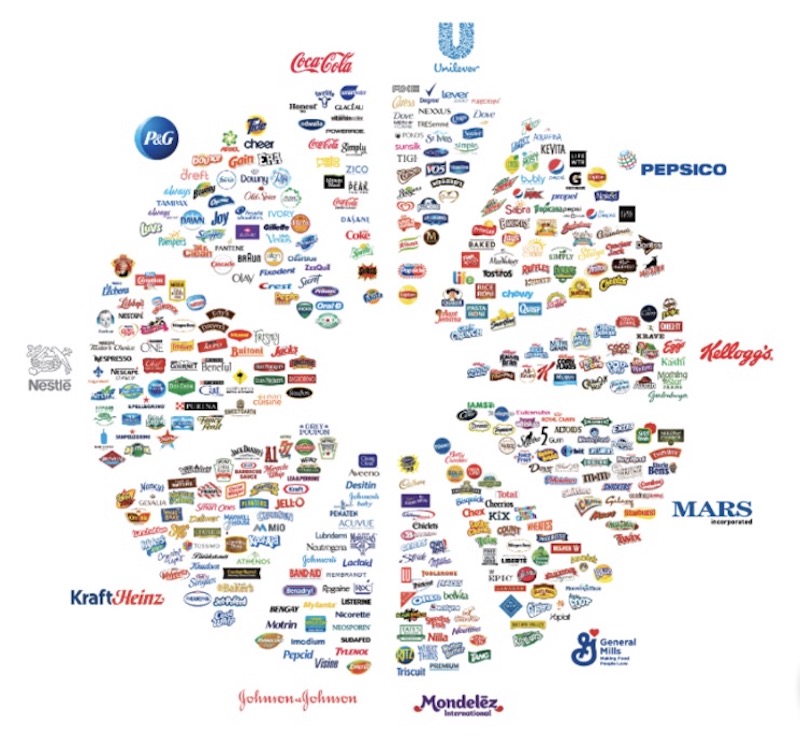
For most, a trip to the supermarket or a quick grocery run is easy. We have our preferred brands and products and always resort back to what we know or enjoy the most. But what if we told you that no matter what brand of cereal you buy, they’re all pretty much owned by the same company? What about if we told you that all your favourite fashion brands are very much competing with each other under one big umbrella company?
The monopoly on the goods-market is bigger than we realise and sometimes our loyalties to brands lay particularly in the marketing tactics that we align ourselves to. These monopolies can be seen by major conglomerates in multiple industries who have long held the reigns of brands and products that we all know and love today. The Sales Anum review reports that Proctor & Gamble, for example, outperformed themselves in each of their trading categories and brought in a whopping $9.75bn in 2019.
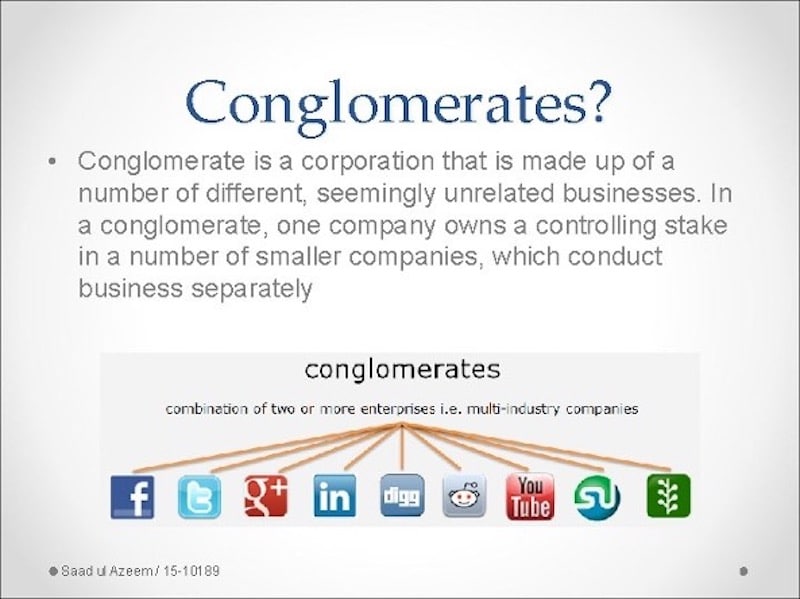
Image source: slidetodoc.com
Let’s break it down – who owns what?
In order to really get into the nitty-gritty of it all, let’s have a look at the major companies that hold the biggest stakes in our markets, in particular the Fashion, Food and Film industries:
Fashion – LVMH
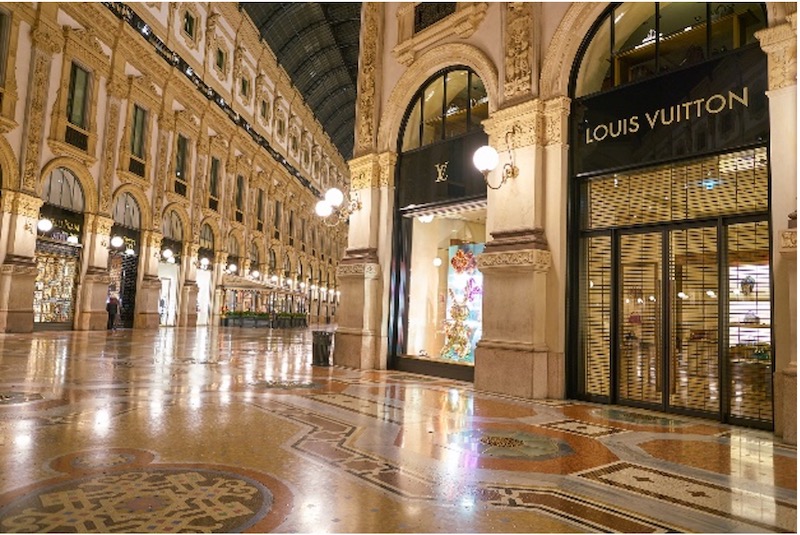
One of the biggest fashion brands in the world, Louis Vuitton, is in fact a parent company to most major competing fashion brands. In our previous blog, we touch base with the major success that is LVMH – the Louis Vuitton Moet Hennessy group. The Business Insider reports that the most popular of the 17 brands that fall under the LVMH group are notably:
- Sephora – a leading cosmetics and beauty retailer globally
- ..by Marc Jacobs, is actually by LVMH!
- Christian Dior, Givenchy and Fendi too.
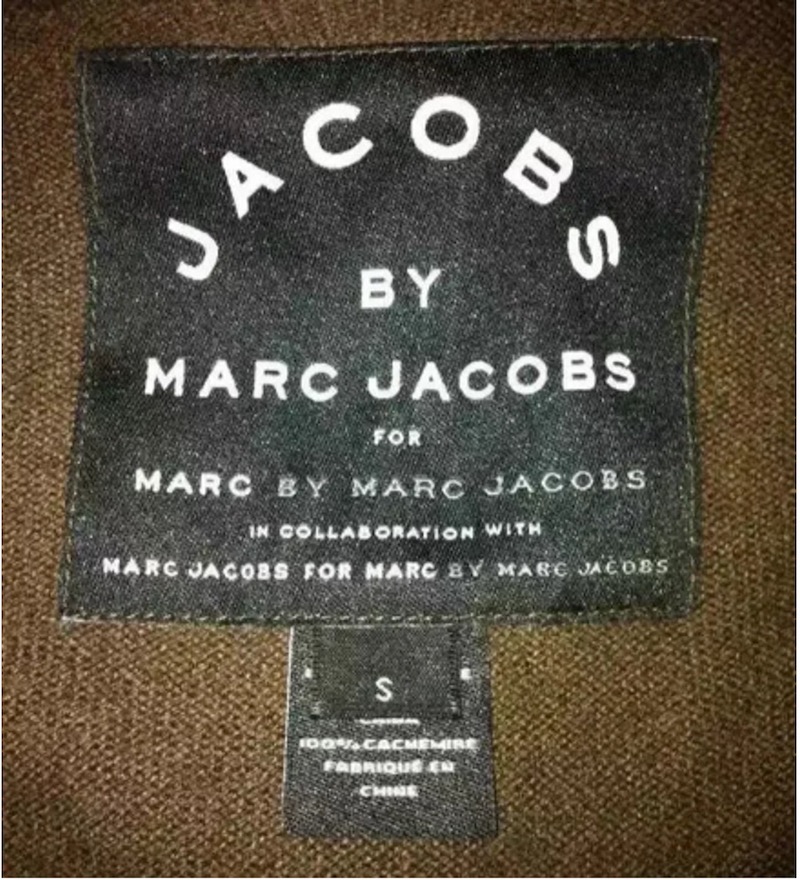
Image source: redit.com
Dominating a monopoly in this industry has really boosted the value of the LVMH group significantly and growth is expected to continue soaring as brand loyalty continues to grow for individual brands under the group.
Food – Nestle
Go Banking reports that Nestle Foods, headquartered in Switzerland, is one of the biggest food companies in the world. The report reveals that Nestle owns more than 2000+ brands in the foods market ranging from baby-formula, dessert ingredients to dairy products, sweet treats, chocolates, frozen foods and water! When looking at popular treats and snacks, Tex, KitKat and Bar One all famously fall under the Nestle group.
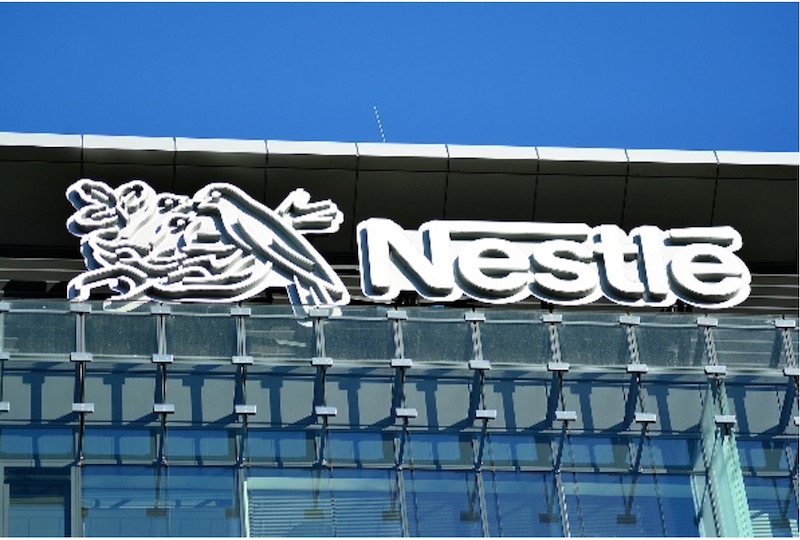
Film – The Disney Group
The entertainment industry is notoriously monopolised and has always been one of the only industries to really be understood as a small-percentage ownership industry. The Walt Disney Group famously houses some of the best entertainment services, production companies and record labels.
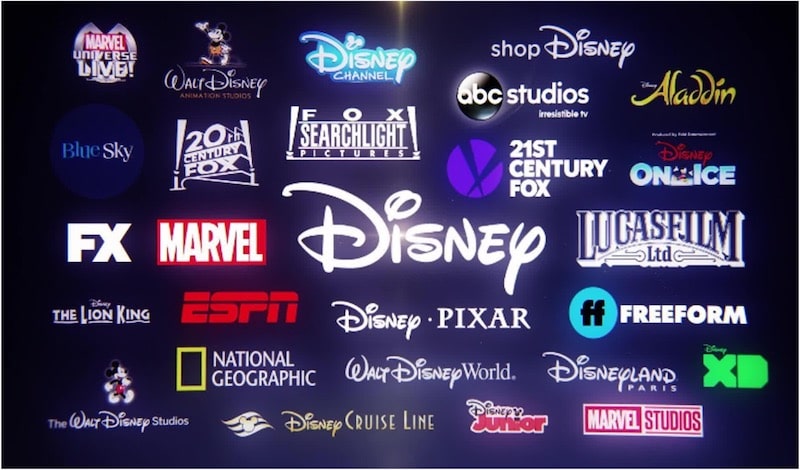
Image source: disney.co.za
The Disney website itself reveals that Disney is home to not just Disney productions, but also ESPN Sports, ABC studios and Marvel studios! When looking at the pool of choices we have in entertainment, so much of it comes from Disney themselves! To read more about how the entertainment and film industry is heavily monopolised, click here.
In conclusion, it’s easy to get caught up in brand loyalty and apparent preferences, but when you look at it, everything really does come from the same place. To have a more in-depth look at how conglomerates function and which of them are the biggest and best, have a read here.
Brand loyalty is typical and there’s nothing wrong with it. But when looking at alternatives, it’s good to know that even your alternatives, no matter how differently they’re packaged, marketed or placed on a shelf, is probably the exact same thing to its competitor. Most products and services are linked with one another, and the idea of independent companies is really limited to small businesses.
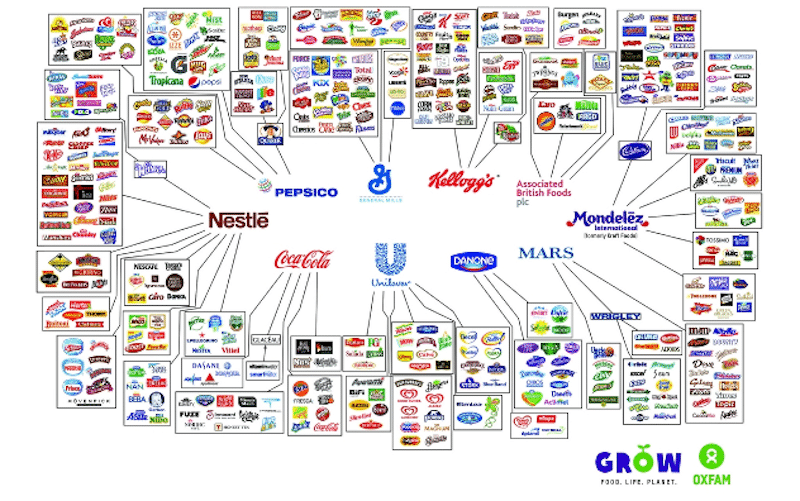
Image source: oxfamamerica.org
Successful brands like these were all built on the foundation of a meaningful brand strategy that provides the framework for what a brand stands for and how it will be communicated to the marketplace. Branding has three main purposes: product identification, repeat sales, and new-product sales. Branding allows marketers to distinguish their products from all others. If you want to upskill yourself in strategic brand management processes, then take a look at our Strategic Brand Management online short course: https://shortcourses.imm.ac.za/online-course/strategic-brand-management-2021/
